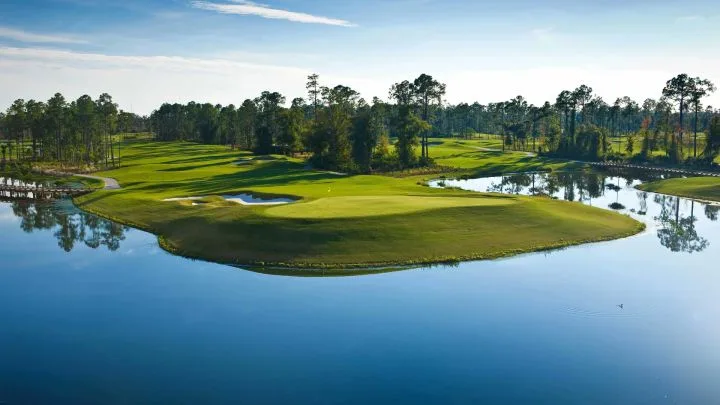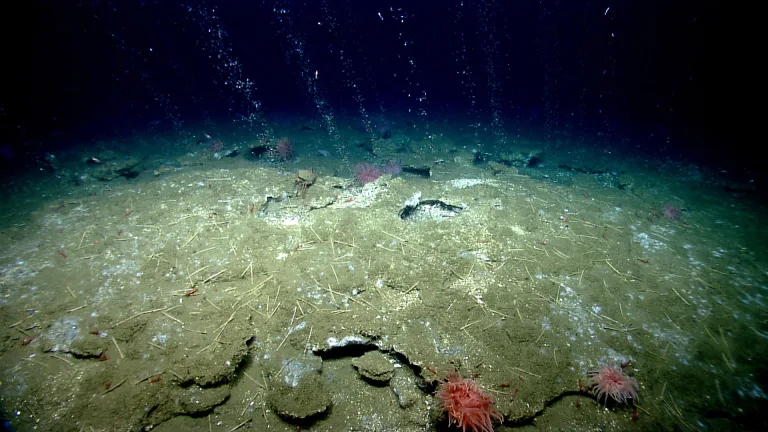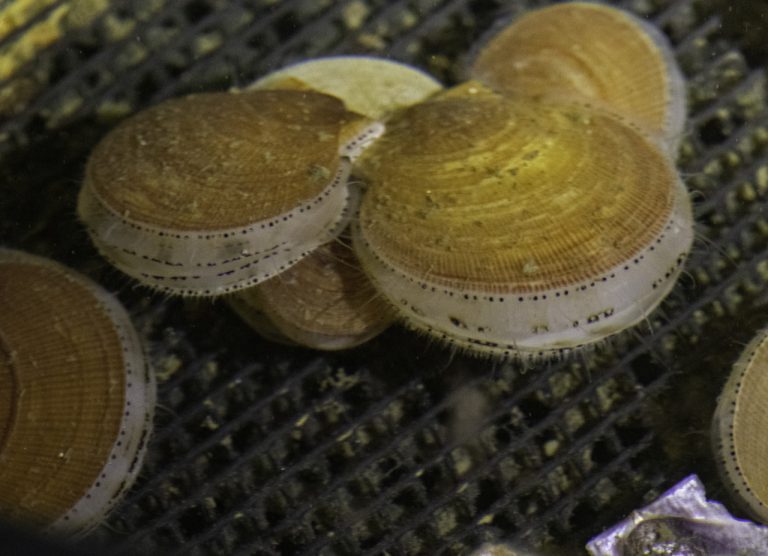Partner: University of Connecticut

- PI(s): Jaime Palter
- Fiscal Year Funded: 2023, 2024, 2025, 2026
- Grant Award # NA23OAR0170505
The work aims to address the unknowns associated with the practice of coastal liming as a carbon dioxide removal pathway...

- PI(s): Cristina Schultz
- Fiscal Year Funded: 2023, 2024, 2025, 2026
- Grant Award # NA23OAR0170511
This project will develop a modeling framework capable of resolving a range of marine carbon dioxide removal concerns related to durability, additionality, verifiability, and other aspects of sediment processes in..

- PI(s): Samantha Siedlecki, Lisa Colburn and Shannon Meseck
- Fiscal Year Funded: 2020, 2021, 2022, 2023
The project’s main objective is to determine the social and ecological vulnerability of the sea scallop fishery to ocean acidification and temperature changes...

- PI(s): Samantha Siedlecki
- Fiscal Year Funded: 2020, 2021, 2022
This sustained investment continues to develop and produce seasonal forecasts of ocean acidification variability on the West Coast to inform fisheries management...
- PI(s): Samantha Siedlecki
- Fiscal Year Funded: 2019
- Grant Award # NA19OAR0170351
- Partners: University of Connecticut
-
Publication(s):
- Multiple Linear Regression Models for Reconstructing and Exploring Processes Controlling the Carbonate System of the Northeast US From Basic Hydrographic Data
- Impaired hatching exacerbates the high CO2 sensitivity of embryonic sand lance Ammodytes dubius
- Multiple Linear Regression Models for Reconstructing and Exploring Processes Controlling the Carbonate System of the Northeast US From Basic Hydrographic Data
- Projecting ocean acidification impacts for the Gulf of Maine to 2050: New tools and expectations
Over the past 15 years, waters in the Gulf of Maine have taken up
CO2at a rate significantly slower than that observed in the open oceans due to a..
CO2at a rate significantly slower than that observed in the open oceans due to a..


